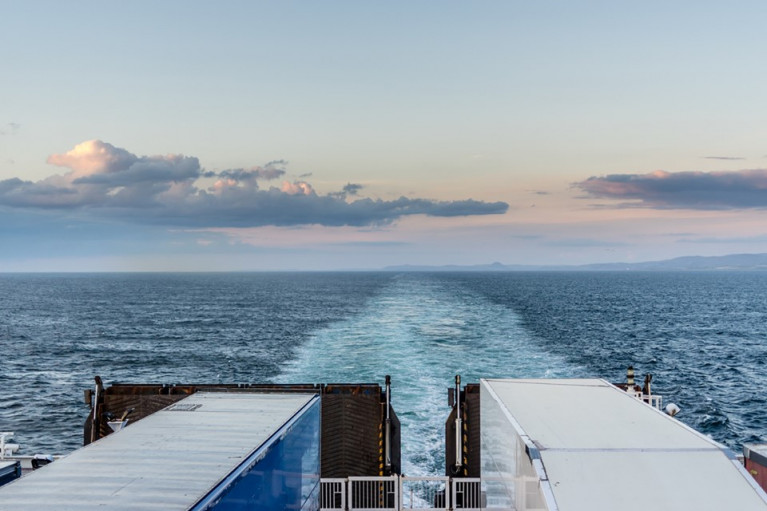Displaying items by tag: ROIUK
Shipping Map for Irish Freight Trade with Britain Redrawn By Brexit
A dramatic drop in freight volumes between Ireland and Britain caused by Brexit has also led to a diversion of trade from Irish ports to Northern Ireland and to direct EU routes, new data confirms.
While there has been no overall loss of trade to Irish ports, there has been a “reconfiguration” as a result of Brexit, according to the latest quarterly shipping traffic report (as Afloat reported) from the Irish Maritime Development Office (IMDO).
It shows that roll-on/roll-off trade between Ireland and Britain – or RoRo, where loaded trucks drive cargo on and off ships – collapsed by around a third in the first half of this year, compared to the same period in 2019.
Traffic between Ireland and Britain now makes up just two-thirds of all Irish freight volumes, compared to 84pc two years ago, according to the IMDO’s Unitised Traffic Report for the second quarter of 2021.
Northern Ireland's RoRo traffic was the busiest it has ever been between April and July this year.
The figures tally with what hauliers and ferry operators have been saying for months.
More from Independent.ie here.




























































